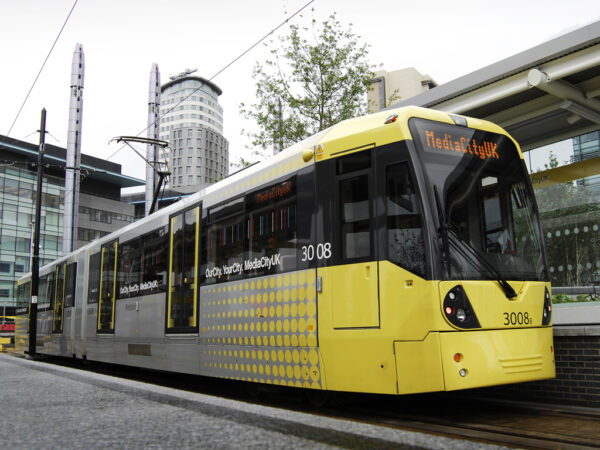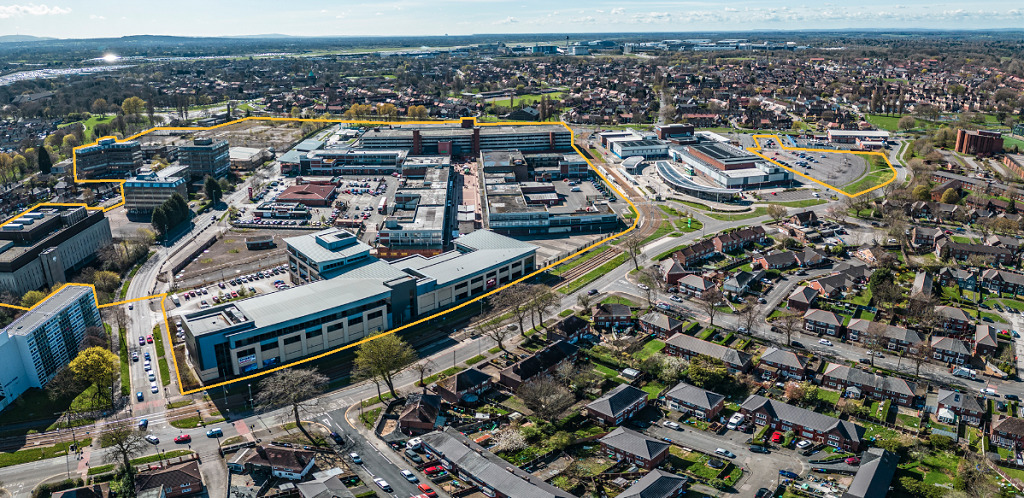Manchester to ‘reset’ economic plan as city emerges from lockdown
Manchester City Council is expecting a three-to-five year coronavirus recovery period, with maintaining momentum in the development sector cited as an “essential element” of sustainable growth as the council seeks to bounce back from a £150m loss.
In a report to the council’s executive, which met virtually this week, a report from outgoing development director Eddie Smith outlined the work underway to manage the phased reopening of the city, while planning ahead for the longer term challenges.
Prime minister Boris Johnson told the House of Commons yesterday to expect the start of a phased “unlockdown” from Monday. The first stage is not expected to result in dramatic changes, and the widespread encouragement of homeworking and social distancing is expected to be maintained.
The cost of Covid-19
While the council said it is continuing to prioritise keeping its residents healthy, the report highlighted the “very significant impacts that the pandemic has had on the financial position of the council”, and the importance of getting the economy moving again where possible.
The council estimated the current cost of the pandemic as £150m, £126m of which was loss of income. The council has accessed £33m in Government funding. Footfall is down by 90% in the city centre compared to the same time last year, and down by 53% in district centres.
The cost is expected to increase the longer lockdown measures are in place.
Manchester’s plan to return the economy to full strength in the coming years will be guided by a review of its One Manchester Strategy 2015-2025 which “needs to be reset and repositioned to respond to the post Covid-19 challenges the city faces”.
The strategy is divided into five themes around building; a thriving and sustainable city; a highly skilled city; a progressive and equitable city; a liveable and low carbon city; and a connected city. The revised strategy is to be approved in 2021.
Carbon challenge
The report acknowledged one of the key challenges, but also opportunities, when coming out of lockdown is maintaining the drop in carbon emissions seen during lockdown. “The challenge for the recovery phase is how to urgently restart the city’s economy whilst striving to capitalise some of the positive environment benefits enjoyed during the lockdown period.”
The report highlights climate change as a “defining challenge” for the next era, which will see a low carbon approach to economic growth going forward.
A priority for lockdown recovery is “creating the conditions for high quality investment and development” to ensure the property sector does not stall.
The city’s transport strategy will continue a shift towards walking and cycling, encouraging public transport where appropriate, as well as investment in digital infrastructure.
The council wants to “learn from the lessons of the pandemic”, and in the report outlines three phases of recovery, however the council was “unable to give timings given the uncertainty of the situation” and lack of clarity from Government.
Prioritising development
Alongside continuing work in the areas of health, social care, skills, sustaining “confidence” in the commercial and residential development markets is a priority, “by continuing to encourage pre-planning discussions, progressing planning applications to decision, and concluding the necessary legal arrangements for projects that will drive our growth objectives and have a demonstrable capacity to deliver quickly.”
By continuing to enforce a quality of design and build, as well as placemaking benefits, the council acknowledged “these commitments will have an impact on development appraisals, for example, in terms of planning gain, where it will be far more likely that any gain would have to be contracted around development out-turn rather than captured up front, for example through Section 106 contributions.”
Continuing to encourage investment and development “is an essential element of effective and sustainable recovery, and will also help bolster our tax base going forwards”, the report said.
In the second phase, alongside working with the banks to fund businesses impacted by longer term lockdown measures and looking at labour market interventions, the council said commercial developments need to continue to be brought forward, while in the housing sector a partnership with Homes England would help assist with challenges of delivery.
Tackling transport
On transport, if social distancing measures continue into the weeks and months, the council said this makes “mass use of public transport impossible”, making it even more important that more journeys can be done by foot or bike. This may include the introduction of bike hire or loan schemes. The city has previously unsuccessfully experimented with a bike hire scheme, with the introduction of Mobikes in 2018.
While the council described a “mass transit conundrum”, balancing the need to keep people healthy with the need to move people to work or into the city to use shops, the council said a solution would need to be found and “increased levels of investment in our transport systems” required.
There is due to be a third phase of coronavirus response, however due to the uncertainties around timings, and the need to measure the impact of the previous phases into 2021, “it is impossible to look further ahead at this juncture”.





